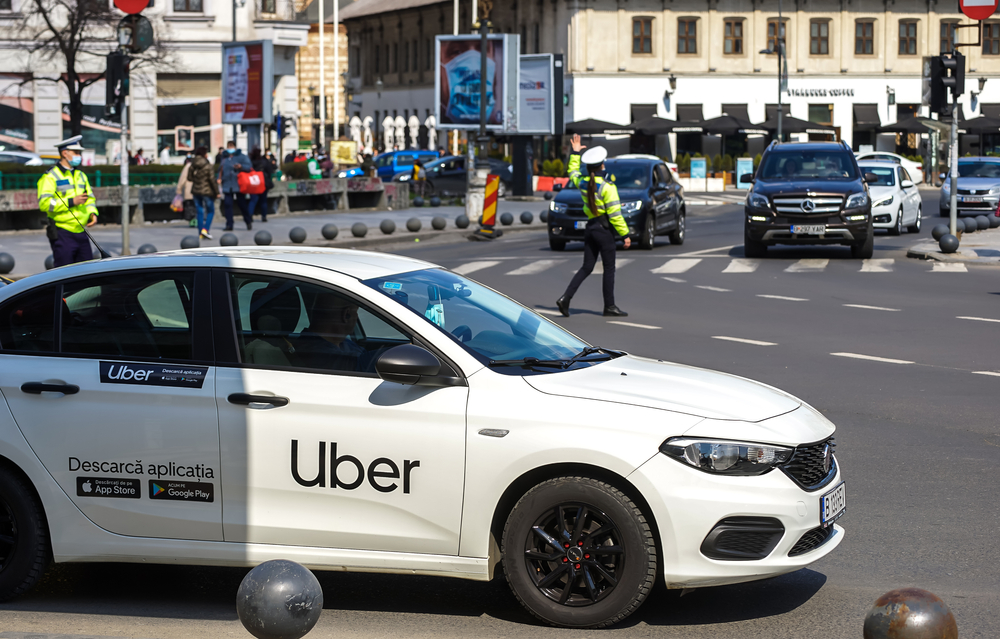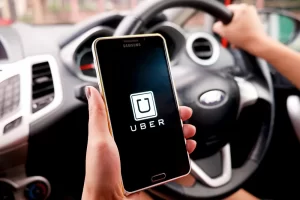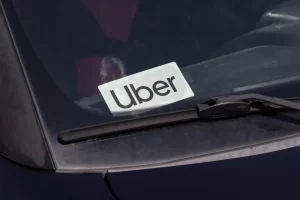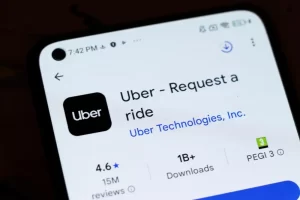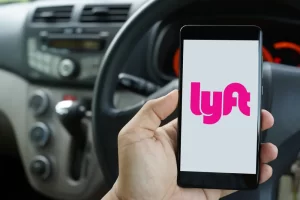A California judge heard arguments today from Uber’s legal team and plaintiffs’ attorneys over whether hundreds of sexual assault lawsuits filed against the company should proceed toward trial. At issue in today’s hearing is Uber’s motion for summary judgment, which argues that it cannot be held legally responsible for criminal acts committed by its drivers, Isaiah Poritz, legal analyst for Bloomberg Law reported today.
The lawsuits, consolidated in San Francisco Superior Court, allege that Uber failed to protect riders—primarily women—from assaults committed by drivers using its platform. Plaintiffs argue that Uber functions as a “common carrier” and, under California law, owes a heightened duty of care to its passengers.
Uber disputes that classification, maintaining that it does not operate a transportation service but merely connects independent contractors with passengers. In court filings, the company stated, “Society reveals itself on Uber’s platform, and as with every other part of society, the Uber platform cannot eliminate all criminal misconduct.”
The plaintiffs contend that Uber created conditions of risk by failing to properly screen or train drivers and by promoting its service as a safe alternative for vulnerable users, such as individuals who have been drinking. Many of the cases follow a similar pattern: an inebriated passenger calls an Uber, only to be assaulted by a driver who was not required to use a dashcam or undergo specialized training.
In one case, a college student in San Jose ordered an Uber to the airport after drinking. Upon telling the driver she was intoxicated, he allegedly stopped the ride and began groping and kissing her.
Legal experts say the central question is whether Uber’s actions amount to misfeasance—affirmatively creating a danger—or nonfeasance—failing to prevent one. Under California law, there is generally no duty to rescue unless a special relationship exists between the parties.
Plaintiffs argue that Uber does have such a relationship with passengers, similar to taxis or public transit, and therefore must exercise the “utmost care” to prevent harm. Uber maintains that it does not own the vehicles, operate on fixed routes, or employ its drivers in a traditional sense.
A tort law professor quoted in the case said Uber’s position is difficult to reconcile with its business model. “Even if you accept their business model of, ‘We’re just connecting riders to drivers,’ it seems hard to argue that you don’t have any responsibility for the safety of the rider if you’ve been paid,” he said.
Uber has previously tried to block the wave of litigation by backing a Nevada ballot initiative to cap plaintiffs’ attorneys’ fees and arguing that its user terms prohibit mass legal actions. Both attempts failed.
While a federal judge in separate multidistrict litigation has already ruled that Uber qualifies as a common carrier, today’s hearing in California state court could determine whether these cases are dismissed outright or move toward a jury trial.
Uber did not respond to requests for comment to Bloomberg.
If you or someone you love was sexually assaulted during or after an Uber ride, you are not alone. Survivors across the country are speaking out and seeking justice. Visit our Uber Sexual Assault Lawsuit Guide to learn your rights and explore your legal options. You can also fill out the brief, confidential form for a free case review.
